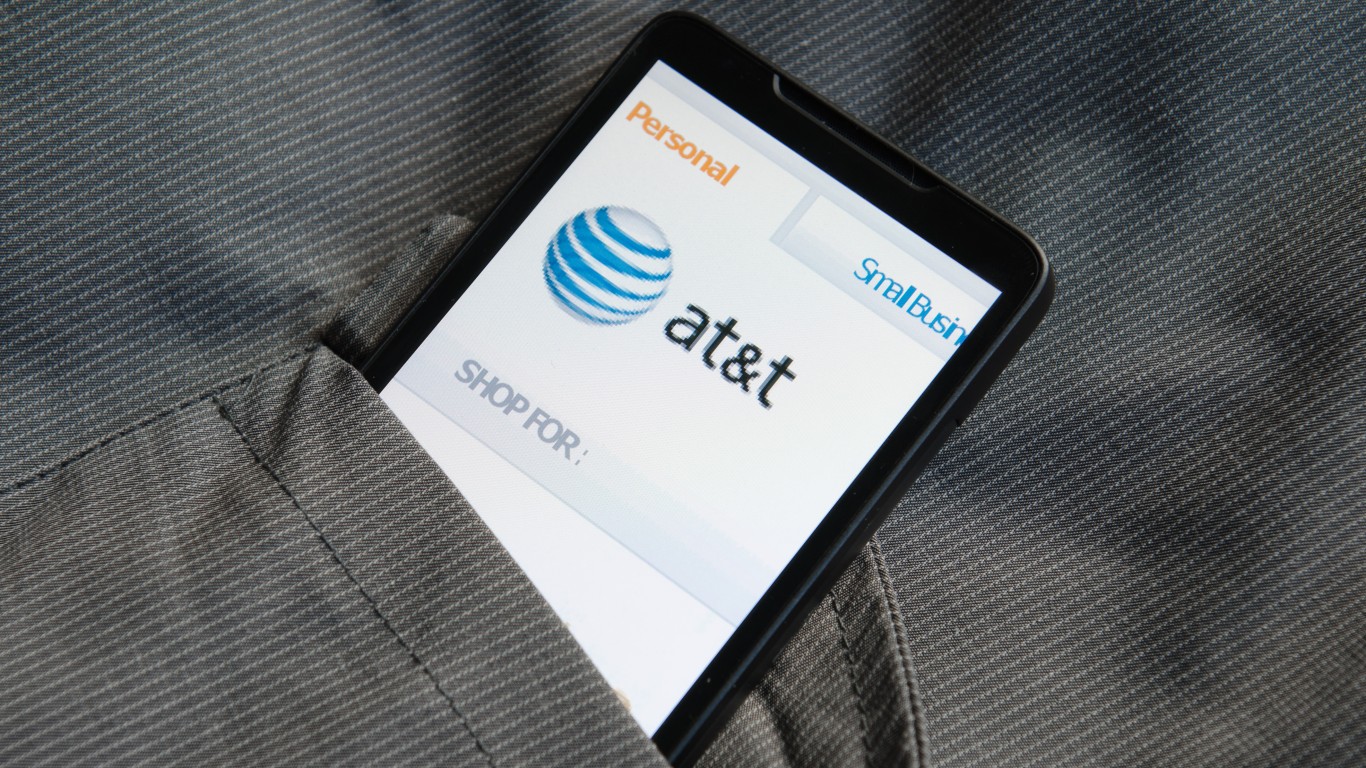 Sprint-Nextel (NYSE: S) does not deserve the money it soon will request from Wall St. The company caused consternation among investors last week when its management said the firm would need more capital to build its infrastructure. Sprint shares dropped 20%, and the company has a market value of only $7 billion, down over 80% in the past five years.
Sprint-Nextel (NYSE: S) does not deserve the money it soon will request from Wall St. The company caused consternation among investors last week when its management said the firm would need more capital to build its infrastructure. Sprint shares dropped 20%, and the company has a market value of only $7 billion, down over 80% in the past five years.
Sprint is among companies, such as Borders and Eastman Kodak (NYSE: EK), that for years promised investor returns were just around the corner. Instead, Sprint has lost money for four years, bled subscribers and seen revenue fall from $40.1 billion in 2007 to $32.6 billion last year. The company argues that because it is number three in the wireless carrier industry in the U.S., behind AT&T (NYSE: T) and Verizon Wireless (NYSE: VZ), that it is at a disadvantage. The third place companies in other markets do not always fail. Investors need to look no further than Chrysler or JPMorgan (NYSE: JPM) to find corporations that have made money as they sit behind larger rivals.
The alternative to a Wall St. rejection of Sprint’s need for capital would be a restructuring or Chapter 11. This would allow the Sprint network and customer base to be sold without the company’s $16 billion long-term debt load. It would allow investors to recapitalize WiMax company Clearwire (NASDAQ: CLWR), half owned by Sprint, which has spent half of the $1.8 billion it had at the start of the year. Or, if WiMax is not the future of 4G, Clearwire could be closed and Sprint could operate on the same LTE 4G infrastructure that its rivals use.
Sprint has made several strategic decisions that have caused its current broad problems. It gambled that WiMax would bring in customers for its 4G service because the system was in the market before LTE. It turned out that most consumers would not leave their 3G service, perhaps because it is the backbone that Apple’s (NASDAQ: AAPL) iPhone operates on. Sprint did not buy T-Mobile. The number four U.S. wireless carrier works on a different infrastructure than Sprint does. Yet, that did not keep Sprint from adding subscribers when it bought Nextel five years ago.
Sprint also made no attempt to sell itself. Deutsch Telekom, which owns T-Mobile, would have been a candidate. And Sprint was approached by South Korean telecom interests after it bought Nextel. The Sprint board rejected the overtures.
Sprint’s board of directors is also one of the most entrenched among major U.S. companies in terms of board membership tenure. This probably has helped CEO Dan Hesse to keep his job when fresh talent might have better stewarded the company.
Sprint has the opportunity to restructure now for the same reason Kodak does. It has nearly destroyed the value of the company. A final step into restructuring would take its stock to near zero. And it would allow the corporation’s assets to move into what are likely to be better hands. Then Sprint has the opportunity to be a viable operation that can take proper advantage of its position in the world’s second largest wireless market.
Douglas A. McIntyre
Take This Retirement Quiz To Get Matched With An Advisor Now (Sponsored)
Are you ready for retirement? Planning for retirement can be overwhelming, that’s why it could be a good idea to speak to a fiduciary financial advisor about your goals today.
Start by taking this retirement quiz right here from SmartAsset that will match you with up to 3 financial advisors that serve your area and beyond in 5 minutes. Smart Asset is now matching over 50,000 people a month.
Click here now to get started.
Thank you for reading! Have some feedback for us?
Contact the 24/7 Wall St. editorial team.



